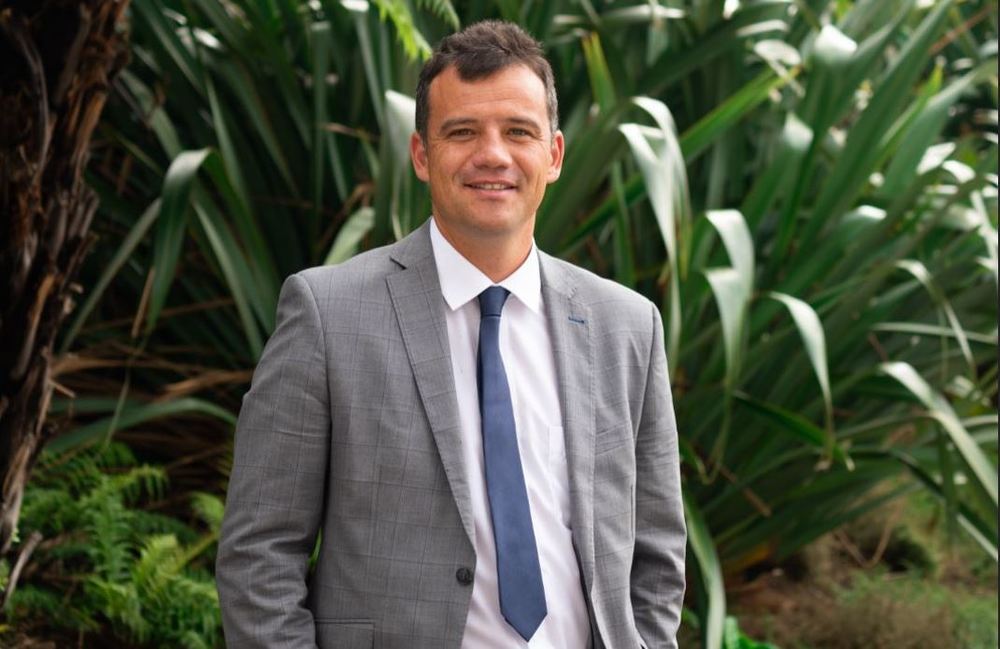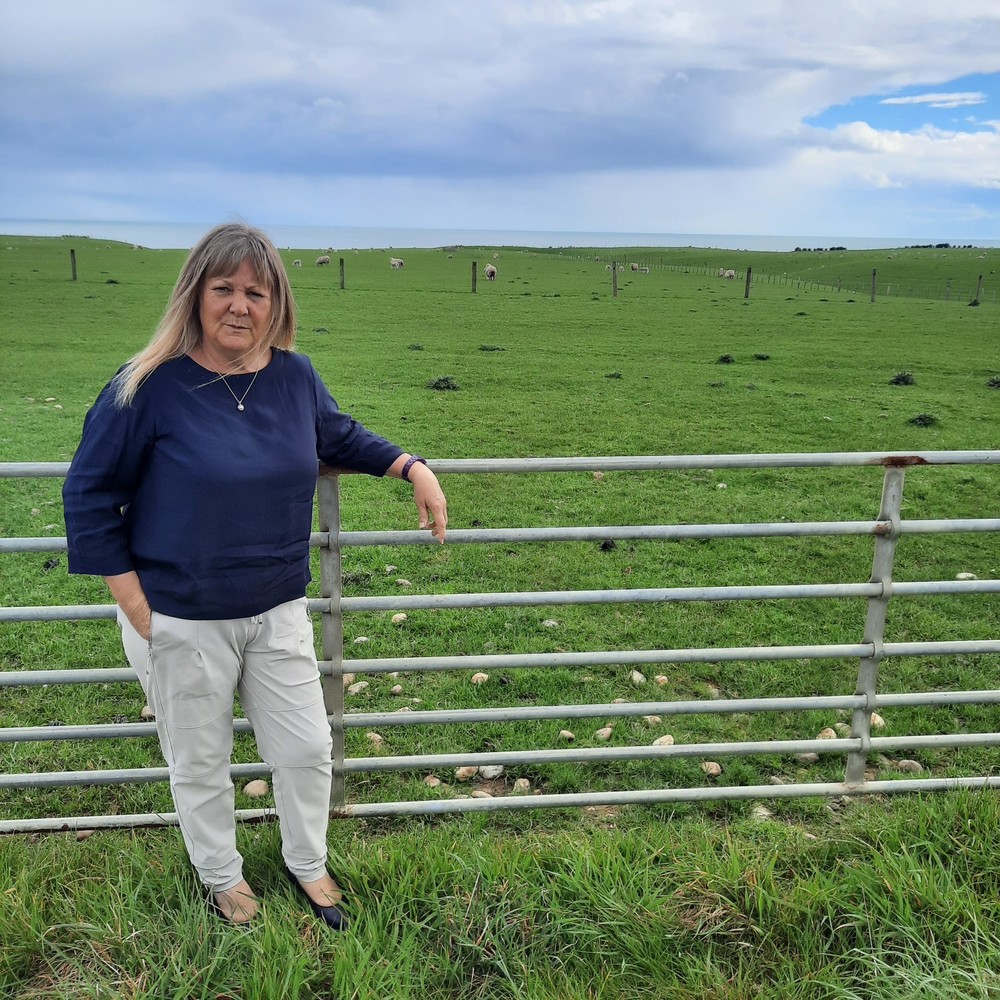Heated reaction to three waters forced 'asset-grab'
Paul Taylor
27 October 2021, 2:41 AM

Southland politicians are up in arms about the Government's plans to force through its three waters reform.
Local Government Minister Nanaia Mahuta announced today that councils will have no choice over the transfer of the management of their billions of dollars worth of freshwater, wastewater and stormwater infrastructure to four regional bodies.
Southland's National MP Joseph Mooney says it is a "sad day for democracy" in New Zealand.
"It is extraordinary to see the Labour Government push through legislation to allow the establishment of four entities which will strip councils of their ownership and control of local water assets," Mooney says.
Advertisement: Jumper Co
"This is an asset grab and a clear case of the Government again doing whatever it wants regardless of how strongly New Zealanders object to their overwhelming desire for centralisation.
"The Government hasn't done its homework on these reforms and hasn't looked at alternate solutions.
"With generational change at stake, all options should be considered."

Southland MP Joseph Mooney
South Island three waters would be controlled by one of the four regional bodies.
Mahuta has said a working group of local government, iwi and water industry experts will be set up to work through design of how the new entities will operate.
The original plan was for each to be managed by a board, which would in turn be elected by a separate group set up by councils and Māori. The aim is to provide better, more resilient services at a lower cost.
"These changes might not be popular but they are necessary," the Minister said.
Advertisement: Alex Reid Contracting
"The easiest thing is to do nothing, but I am not taking that option."
But Invercargill's National MP Penny Simmonds, echoing the thoughts of district councillors and mayors up and down the country, says the proposed reform will take power and control away from local communities.
She adds if decisions around water management are based on population, a region like Southland has a lot to lose. She labels the four entity model "fundamentally broken and unworkable".
National's policy will be to repeal any new system and return assets and power to local councils if elected.

Invercargill MP Penny Simmonds
Mayors and council bosses from across Southland and Otago collectively wrote to Mahuta to formally request more time to engage with their communities, during the submissions process, calling it "the biggest decision of our lifetimes".
But that was rejected and Mahuta has now U-turned on the promise councils could opt out if they chose.
Southland district mayor Gary Tong says he's not surprised, but is disappointed with today's announcement.
"I'm disappointed we didn't get more detail and have more open conversations, including with our residents, before this decision was made, and I now need to spend some time going through the detail to understand the process in full," Tong said.
Advertisement: Bombay Palace
Southland District Council also raised concerns about population-based decision making, in its submission to the Government.
"A number of other important considerations include the complexities of the systems and infrastructure, access to service provision, equitable levels of service," the submission said.
Tong said his focus now will be on ensuring the local and rural voice is retained on the entity, so there is fairness in how assets are managed, along with making sure there are protections against private ownership.
Invercargill councillor Alex Crackett also railed against the U-turn, saying it proved to Minister's previous comments about partnership were "hollow".
Advertisement: Factory 2 Hair & Home
"Today's Three Waters announcement forces reform on councils after the Government sold it to us as voluntary," Crackett said in a Facebook post.
"The governance model proposed removes local autonomy and feels like a state-sanctioned seizure of local assets that we have paid decades to own.
"Despite the need for change, this is a change that undermines local government principles and self-determination in New Zealand."
Crackett and believes more work should be done with the new regulatory body for water, Taumata Arowai, before the Government rushes into pushing through significant reform.
Advertisement: Canvart
Gore District Mayor Tracy Hicks, meanwhile, says at least his council now has certainty while planning "some of the most significant investment in infrastructure that we’ve had to embark on".
He welcomed the establishment of the working party.
"We now need to ensure it addresses the big issues of accountability, quality of service and where the local voice sits on the regional entities."
Hicks says Gore District residents had come to expect a high-quality service and he doesn't want that diluted under the new model.
The need for reform has been evident for quite some time, he says, adding it was unfortunate the disparity of views from local government, misinformation, and party politics undermined the ability to bring those reforms about through a truly
democratic process.








